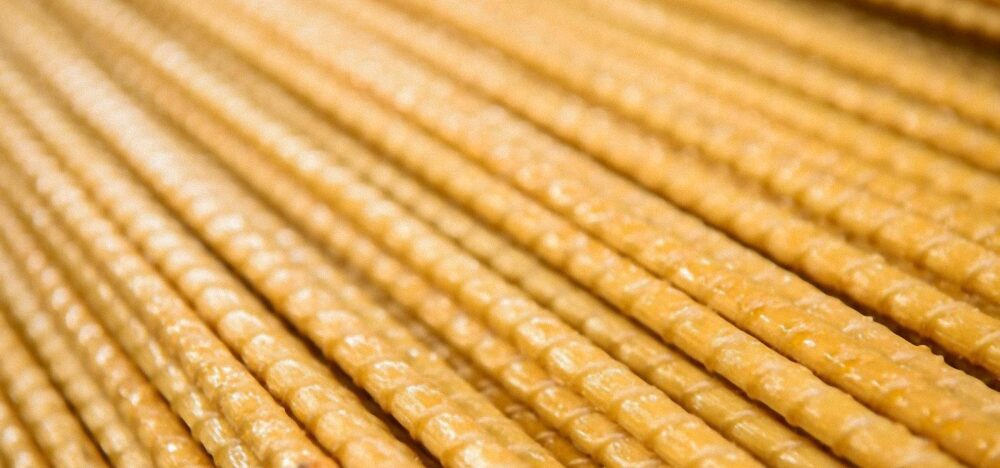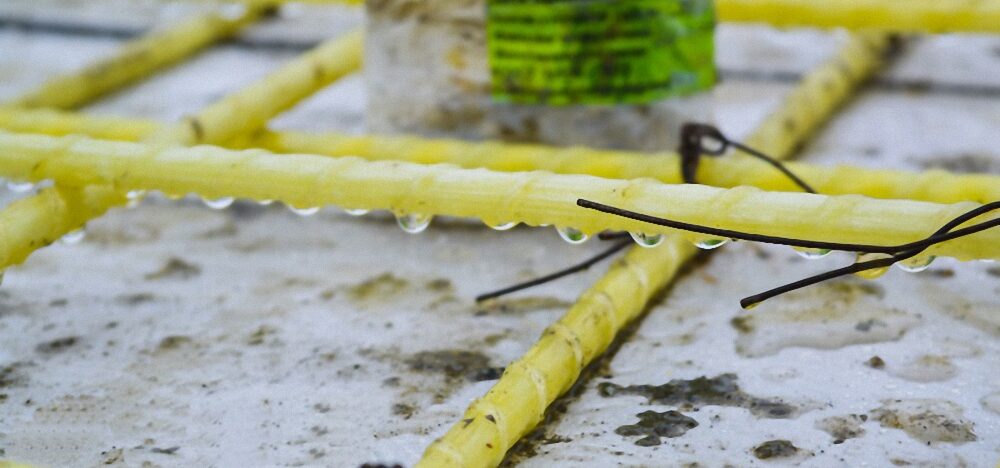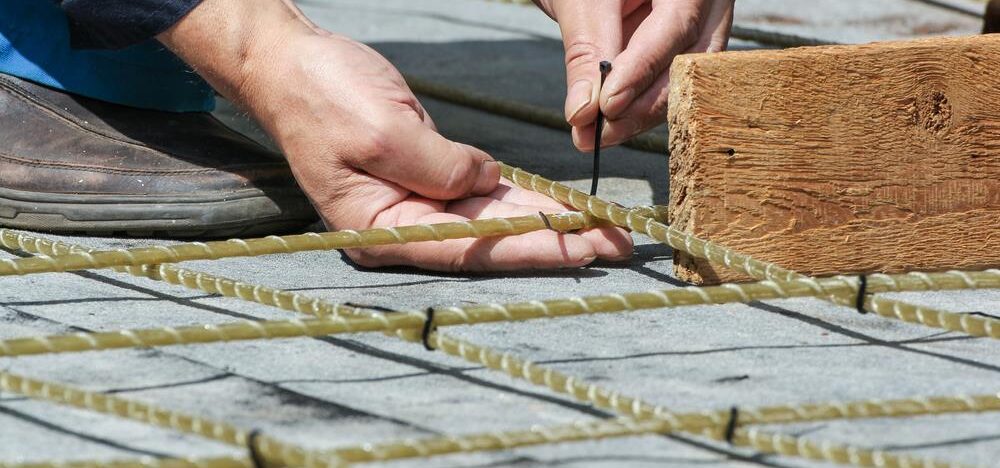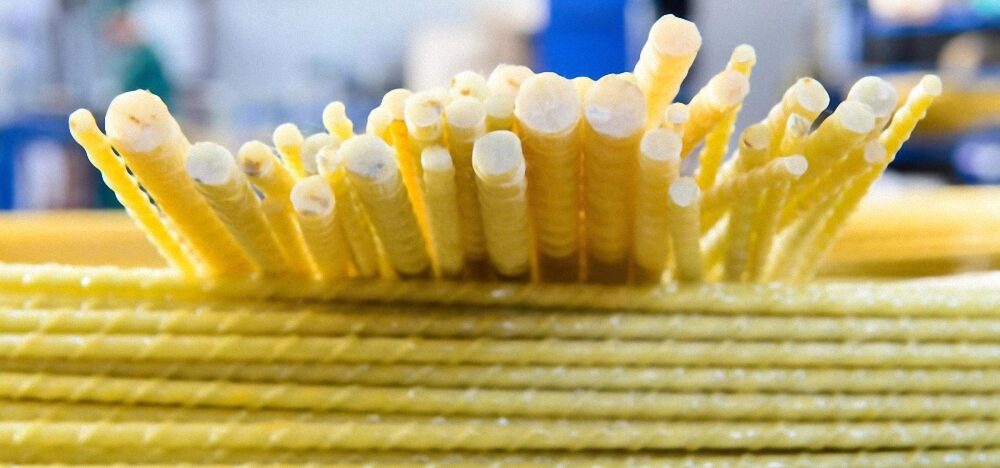 ALB-REBAR FIBERGLASS REBAR
ALB-REBAR FIBERGLASS REBAR
with its superior tensile properties, built-in corrosion resistance, and inherent electromagnetic neutrality, offers a unique and economically feasible reinforcing bar.- ALB-REBAR FIBERGLASS REBAR
with its superior tensile properties, built-in corrosion resistance, and inherent electromagnetic neutrality, offers a unique and economically feasible reinforcing bar. - ALB-REBAR FIBERGLASS REBAR
with its superior tensile properties, built-in corrosion resistance, and inherent electromagnetic neutrality, offers a unique and economically feasible reinforcing bar. - ALB-REBAR FIBERGLASS REBAR
with its superior tensile properties, built-in corrosion resistance, and inherent electromagnetic neutrality, offers a unique and economically feasible reinforcing bar. - ALB-REBAR FIBERGLASS REBAR
with its superior tensile properties, built-in corrosion resistance, and inherent electromagnetic neutrality, offers a unique and economically feasible reinforcing bar.
COMPOSITE MATERIAL
A composite material (also called a composition material or shortened to composite) is a material made from two or more constituent materials with significantly different physical or chemical properties that, when combined, produce a material with characteristics different from the individual components. The individual components remain separate and distinct within the finished structure. The new material may be preferred for many reasons: common examples include materials which are stronger, lighter, or less expensive when compared to traditional materials. Reinforced Concrete is a common building material for construction of facilities and structures. While concrete has high compressive strength, it has limited tensile strength. To overcome these tensile limitations, reinforcing bars are used in the tension side of concrete structures. Steel rebar has historically been used as an effective and cost-efficient concrete reinforcement. However, it is susceptible to oxidation (rust) when exposed to chlorides and certain other aggressive chemicals. Examples of such exposure include coastal areas, sites where road salts are used for deicing, and sites where aggressive chemicals and ground conditions exist. Where corrosion of rebar occurs, the resulting products have a significantly larger volume than the original bar.
Fiberglass rebar (GFRP)
Reinforcement Mesh
Curved forms
The concrete cannot sustain the tensile load developed from this volume increase, and eventually cracks and spalls, leading to further deterioration of the steel. The combination of ongoing deterioration and loss of reinforcement properties ultimately requires potentially significant and expensive outlays for repair and maintenance, and possibly the endangerment of the structure itself.
Steel rebar also conducts electricity and magnetic fields, attributes that are not desirable in many types of medical, nuclear, power generating, and electronic applications.
ALB-REBAR fiberglass rebar
with its superior tensile properties, built-in corrosion resistance, and inherent electromagnetic neutrality, offers a unique and economically feasible reinforcing bar for such applications:

CORROSION RESISTANCE
will not rust, and is impervious to the action of salt ions, chemicals, and the alkalinity inherent in concrete.

LIGHTWEIGHT
weighs approximately one-quarter the weight of an equivalent size steel bar, offering significant savings in both placement and use.

ELECTROMAGNETIC NEUTRALITY
contains no metal, does not conduct magnetic fields, and will not interfere with the operation of sensitive electronic devices such as medical MRI units or electronic testing devices.nu conține metale, nu conduce câmpuri magnetice, și nu va interfera cu funcționarea dispozitivelor electronice sensibile cum ar fi dispozitive de testare electronice.

THERMAL INSULATOR
highly efficient in resisting heat transfer, such as from building exteriors to interiors; will not conduct electricity.











